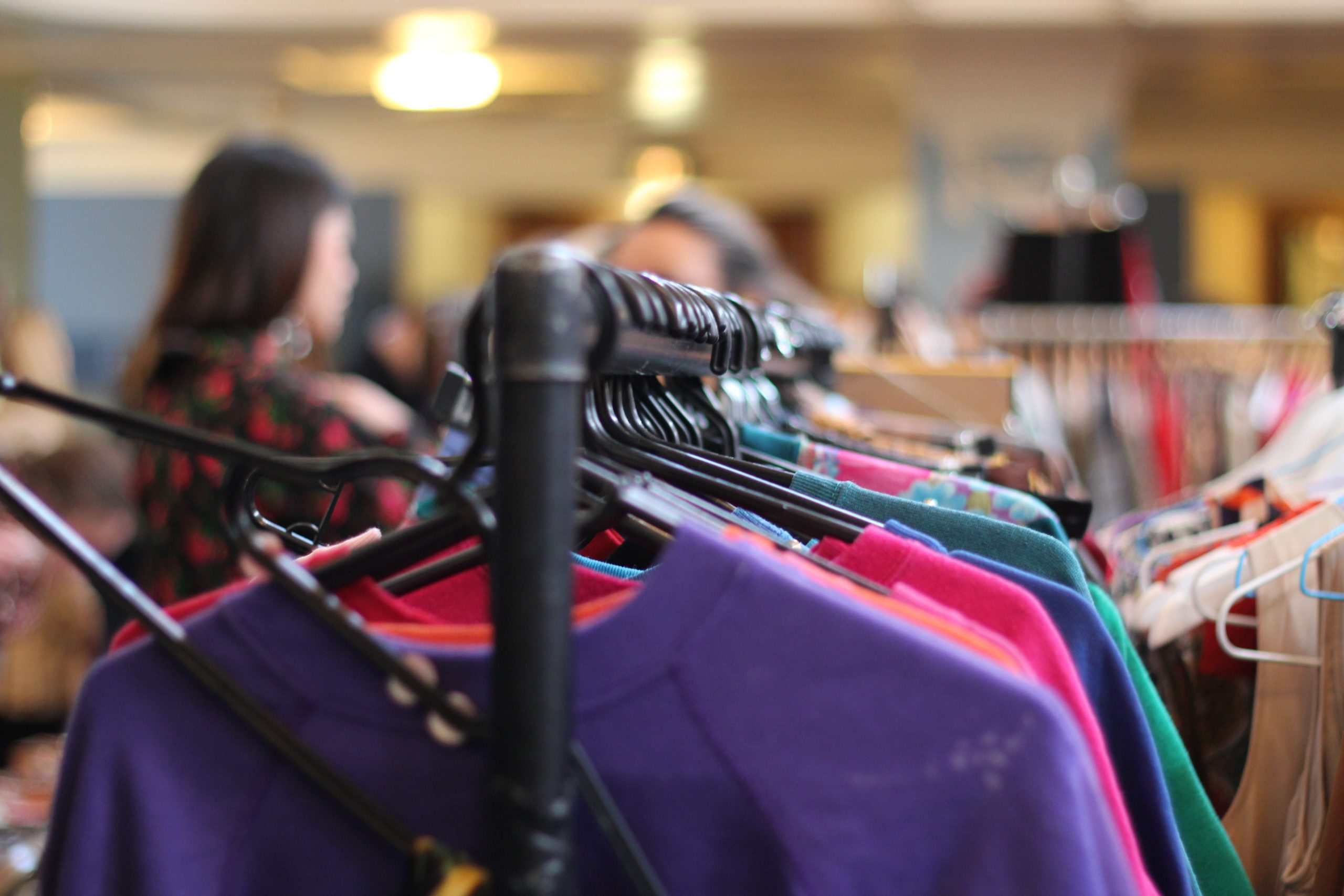
By Dr Sarah Montano and Dr Inci Toral
Department of Marketing, University of Birmingham
Kybele, the mother of Earth, is one of the most ancient goddesses still celebrated in many cultures, although she might have different names and powers. Even today in most cultures, people celebrate the arrival of spring (Kybele’s awakening) as it is associated with productivity and rebirth of the nature. In short, creativity and newness have always thought to be feminine traits that sadly eroded by the masculine autonomy in time.
Yet, the phrase “necessity is the mother of invention,” becomes an oxymoron (contradictory terms that appear in conjunction) while we live in a world ‘for men and designed by men’ even though women are excellent product inventors and pioneers of retail change. However, real women do not have the same attention as Kybele, and they are very much under celebrated. This year’s IWD theme is Embrace Equity and that “equal opportunities are no longer enough”, we argue that given the role that women play in retail, systemic and cultural change is essential.
Even in 2023, a recent headline reads: “British retailers appoint record number of women chief executives”. This record high number amounts to 42% of the total appointments. That is great, isn’t it? We can take a deep breath and say that women are increasingly recognised as retail bosses. Then why is this still a headline in a major newspaper?
Time and time again, women are recognised as the main retail consumers, but they are still not the ones who shape the retail market. Let us look at some great products invented by women:
- Circular saw
- Computer algorithm
- Dishwasher
- Medical syringe
- Monopoly
- Bullet proof fibre
Would you have known that these were invented by women? Did you know that all these retail brands were also created by women?
- Reformation
- Rent the Runway
- Glossier
- Away Luggage
It is important to point out that most frontline workers in the retail industry are women. That is, women work for lower paid jobs, and they are dispensable when any business risks occur, such as Covid lockdowns. This is not because women prefer these low paid jobs as they have family duties or other concerns, but it is a deeply seated societal and systemic problem that seems to hurt retailers more than other sectors.
As Higher Education educators, we witness hundreds of successful female students in our Retailing courses every year. They are bright, creative, hardworking, and ambitious as their counterparts. When given the opportunity, they successfully leave their marks in the industry as great business leaders and creative minds. However, even when women are appointed to top retail positions, the masculine autonomy culture that is inherent in most traditional and new retailers does not support the survival of female and/or minority leaders.
Retailing is one of the most innovative sectors when it comes to selling goods and services. Innovativeness requires adaptability and fast reaction to internal and external changes. It is surprising that despite innovative attitudes, the industry is still very slow in changing its employment culture. According to Business Insider, the decline in traditional retailing including online shopping witnessed a departure of high-profile female retail bosses. The lockdowns during the pandemic and ever-changing consumer habits, as well as the shift of competition among direct retailers towards a rivalry between retailers and technology firms made it more difficult for top managers to develop successful short term strategies.
The lack of equal opportunities goes beyond the hiring of executives. While these micro issues surround retail organisations, on a wider scope, mergers, acquisitions, the move towards online only retailing and the collapse of major retailers in the recent years has produced a vast number of unemployed women and minorities, as they formed the 80% of the workforce for these retailers. While civil organisations do bring these issues to the government’s attention, the economic recovery plans and programmes still lack the needed support, such as offering better working conditions, health, and social care in sectors where most workers are women.
We conclude that, given the great innovations that women have made and continue to make in retail, and the role of the majority of purchases made by women, this is a call to action. Retail needs to change to work for women as leaders, employers, and consumers.
- Find out more about Dr Sarah Montano and Dr Inci Toral
- Back to Business School Blog
The views and opinions expressed in this article are those of the author and do not necessarily reflect the official policy or position of the University of Birmingham.
